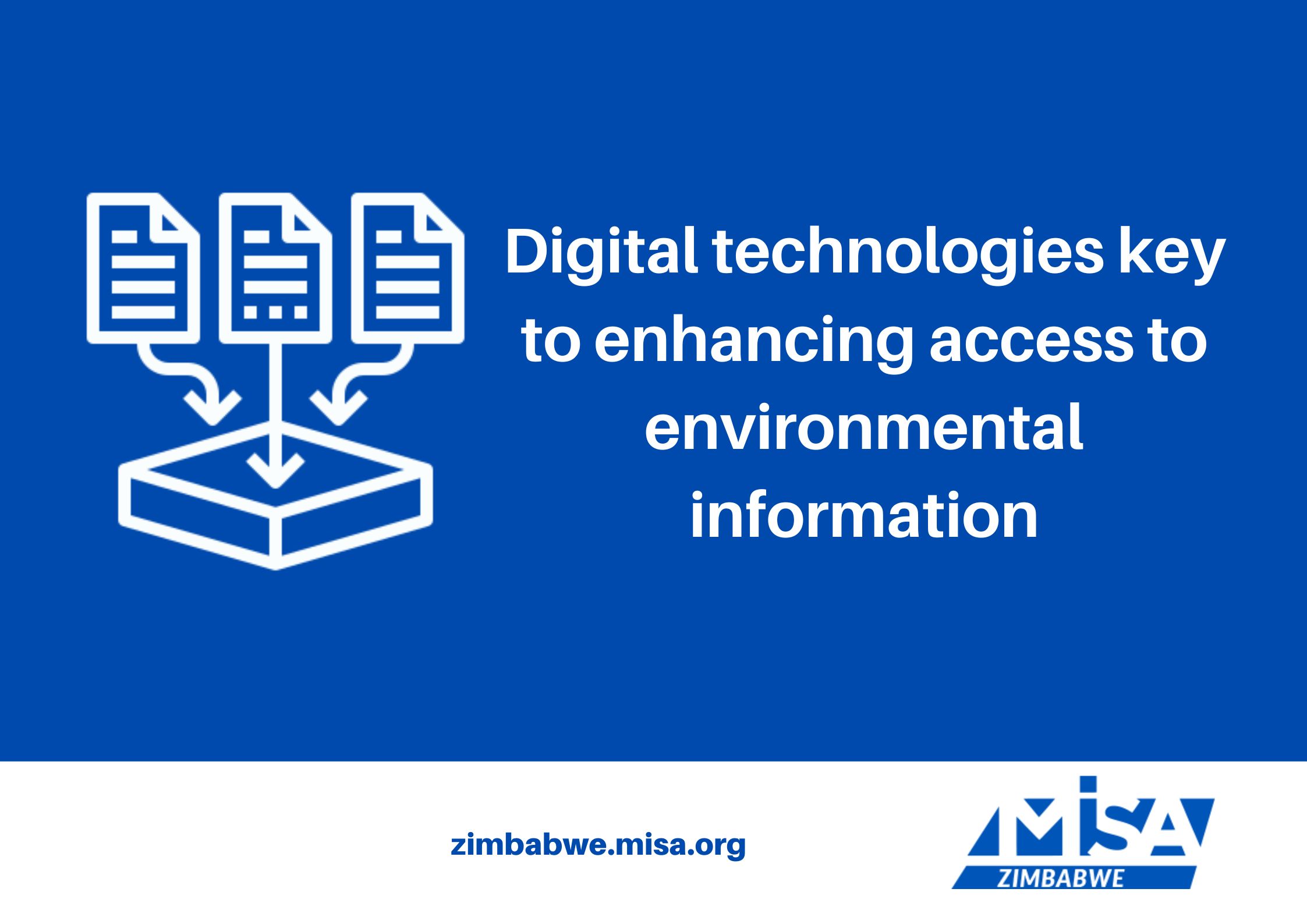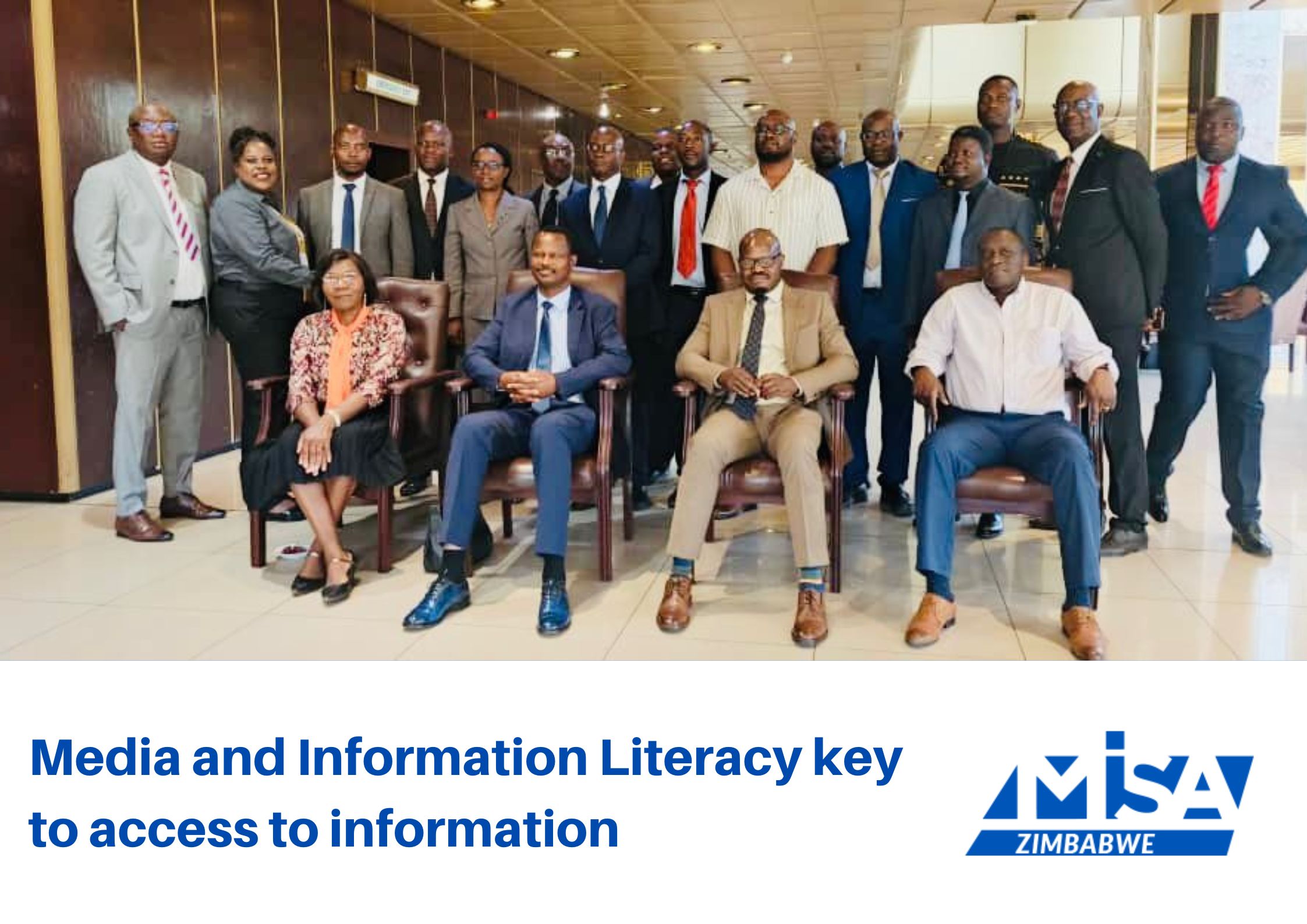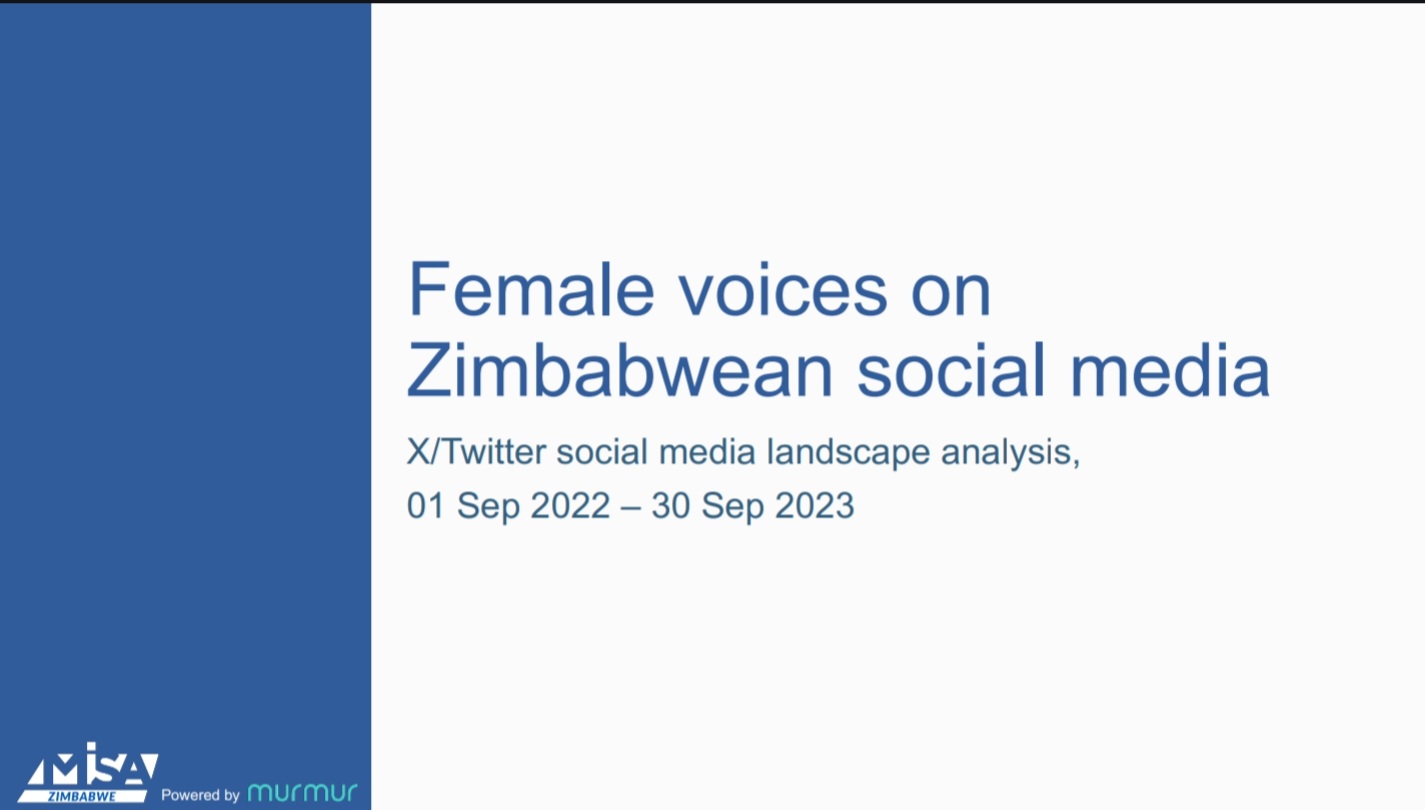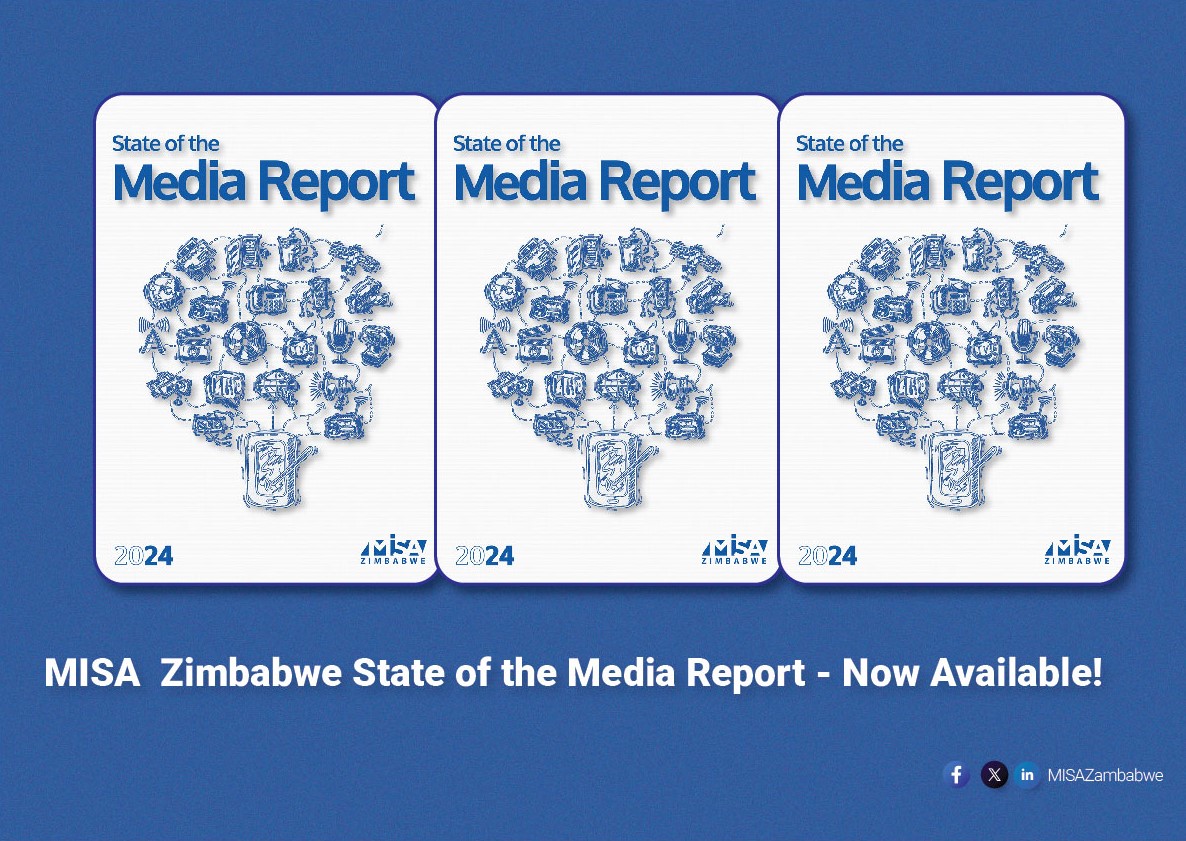The theme for this year’s International Day for Universal Access to Information (IDUAI), Ensuring Access to Environmental Information in the Digital Age, underscores how digital technologies and open data platforms can enhance access to environmental information.
As highlighted by UNESCO, these technologies also strengthen public participation and empower citizens and stakeholders to contribute to sustainable development.
Universal access to information is a fundamental right, rooted in the freedom to seek, receive, and share knowledge.
It underpins freedom of expression and enables the media to inform the public, hold power to account, and foster transparency.
Timely and credible environmental data is therefore critical for collective action and strategies to mitigate and deal with climate change and the several risks it poses globally.
Environmental information — covering climate change, pollution, biodiversity, and disaster risks — cuts across borders and demands international cooperation, openness, and innovation.
Instruments such as the Paris Agreement, which advances transparency in climate action, and the Rio Declaration, which promotes environmental democracy, provide the legal and normative foundations for universal access to sustainable development.
These frameworks affirm citizens’ rights to know and call on governments to ensure accountability in environmental decision-making.
The digital revolution offers powerful tools — ranging from open government platforms to big data analytics — to improve transparency and public engagement. Achieving these goals, however, requires a strong commitment and collaboration among multiple stakeholders.
Global commemorations of this day, including the 2022 celebrations, reaffirmed Member States’ commitments to uphold this right, linking it to principles of good governance and emerging issues such as artificial intelligence and digital technologies.
However, barriers such as misinformation, censorship, and resource limitations continue to restrict access.
IDUAI thus serves as a reminder that access to credible, relevant, and timely data is not a privilege but a human right.
As custodian of SDG Indicator 16.10.2, UNESCO plays a leading role in tracking progress on laws that guarantee public access to information. It also advocates for their adoption and implementation worldwide.
According to UNESCO, the 2025 celebrations in Manila, Philippines, seek to advance the enforcement of access to information laws, the role of civil society and media in advancing environmental transparency and combating misinformation.
Notably, Zimbabwe is among the countries that have access to an information law, specifically the Freedom of Information Act.
Key stakeholders should therefore not relent in raising awareness on the mechanics of this law and its Freedom of Information (General) Regulations for its increased usage to foster public accountability and effective management of our natural resources.
In turn, citizens should utilise the Act and its Regulations for corrective measures and accountability on issues pertaining to deforestation, siltation and pollution towards a secure environment in their respective communities for sustainable socio-economic development.
Similarly, the Environmental Management Agency (EMA) should adopt and utilise digital technologies for the effective and improved management of the country’s natural resources and the protection of the environment.
This comes at a time when the digital divide and resource gaps pose significant challenges in most African countries, including Zimbabwe, where the lack of affordable and reliable internet connectivity hinders citizens from realising the full potential of emerging technologies.
The digital era therefore calls for strong policies to close the digital gap, ensuring affordable and accessible internet and enhancing digital literacy for marginalised communities.
MISA Zimbabwe Statement on International Day for Universal Access to Information
Passmore Kuzipa
Chairperson
MISA Zimbabwe













